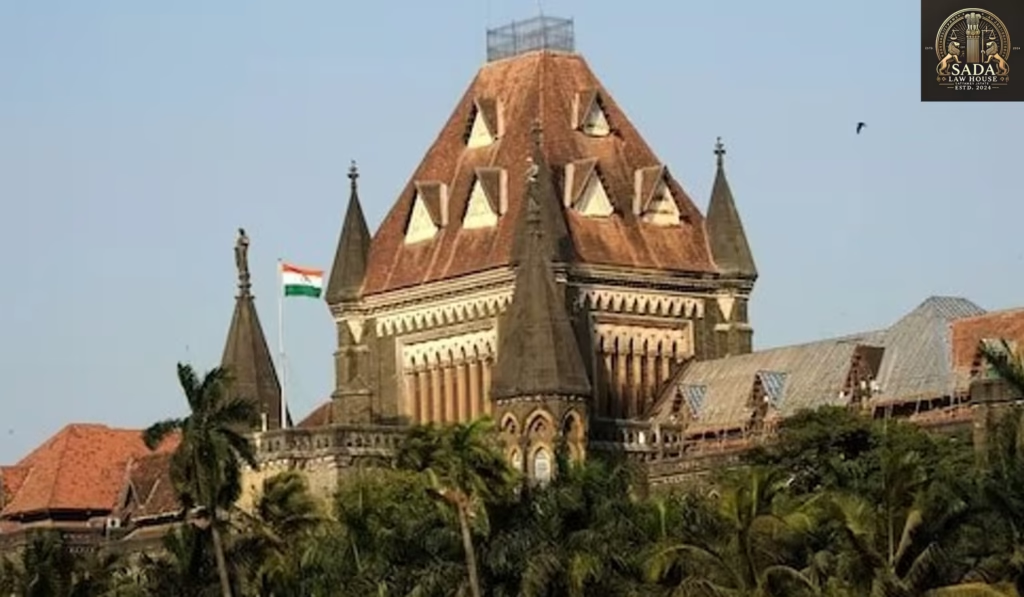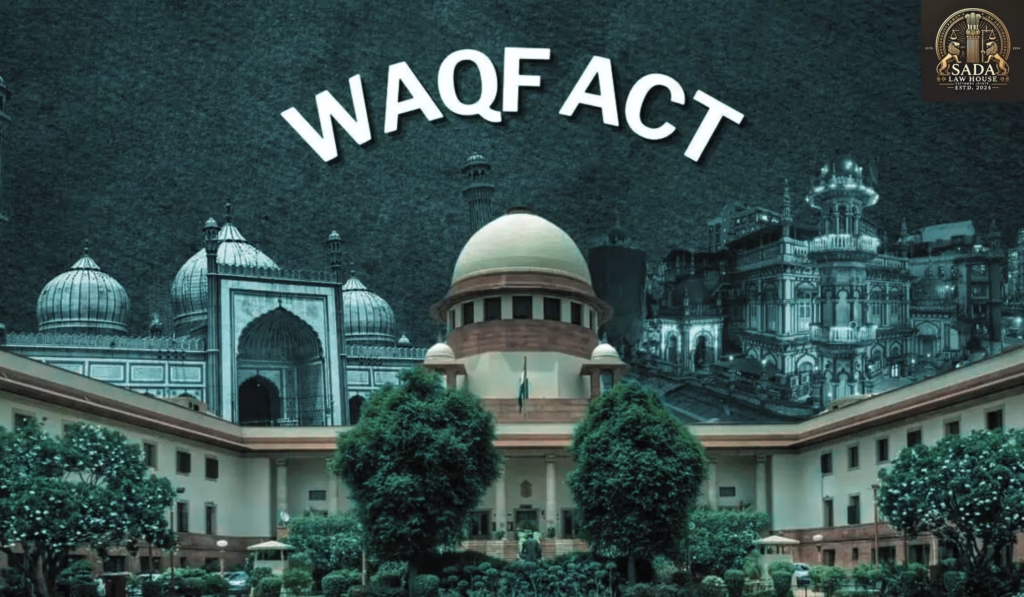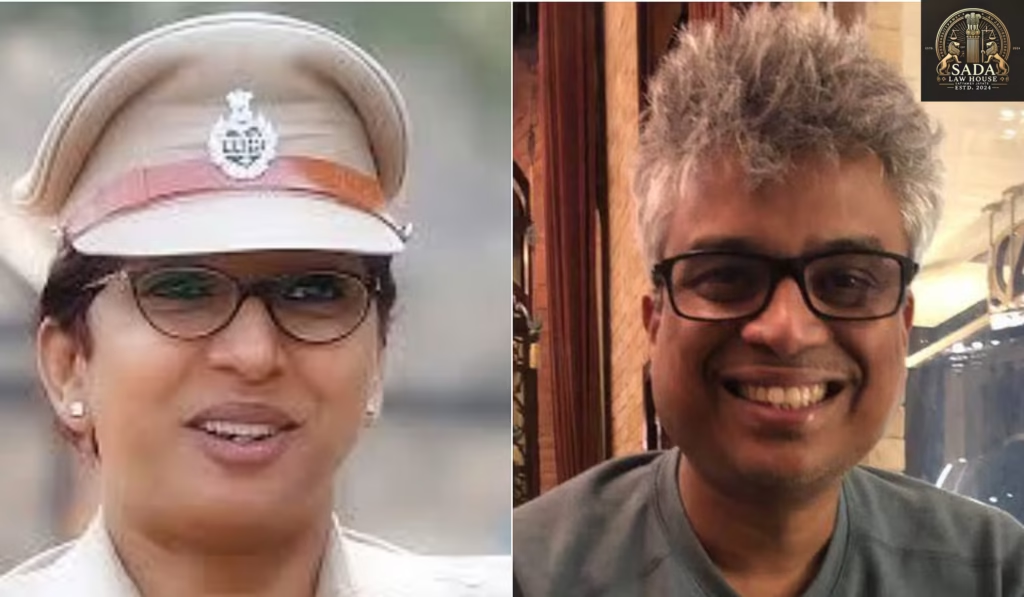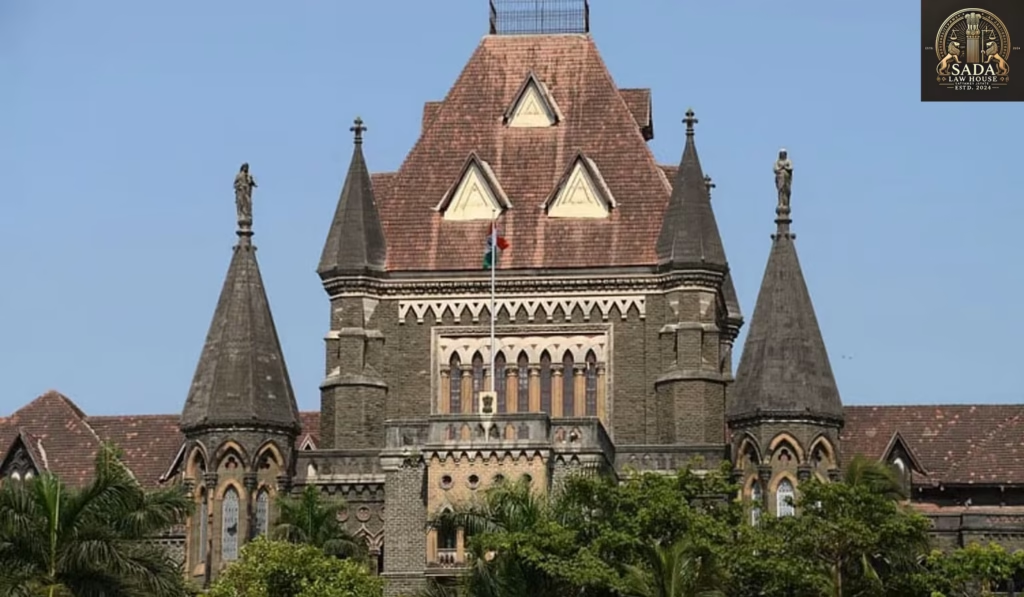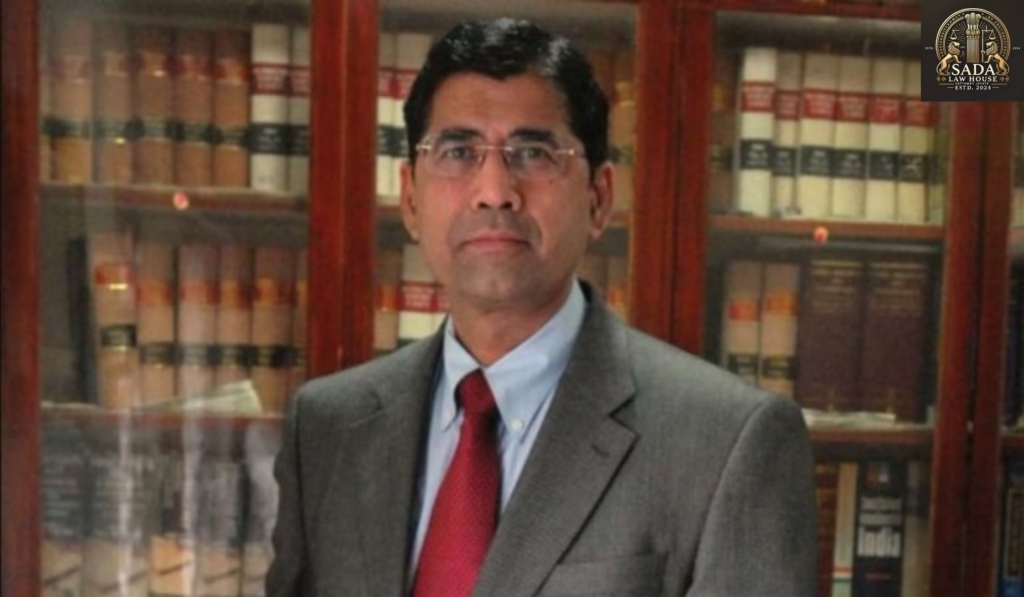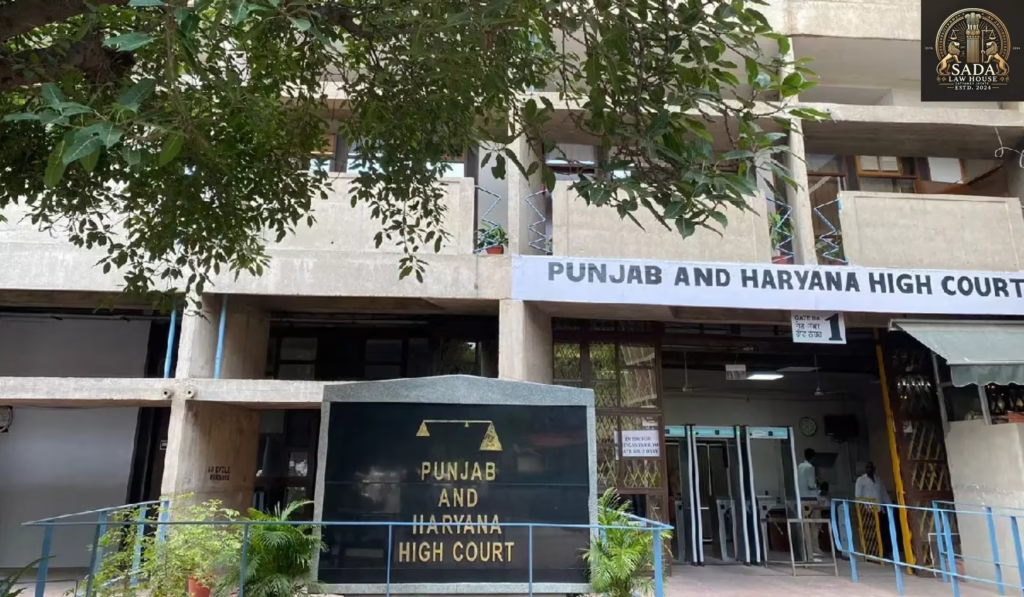Bombay High Court Quashes 306 IPC FIR in Loan-Linked Suicide Case, Cites Lack of Instigation
Trending Today Bombay High Court Quashes 306 IPC FIR in Loan-Linked Suicide Case, Cites Lack of Instigation Punjab–Haryana High Court Rejects PIL Against Online Betting Ads, Citing Statutory Remedies Under Gambling Law Supreme Court Reserves Interim Order on Waqf (Amendment) Act, 2025: Key Legal and Constitutional Highlights HDFC Bank CEO Sashidhar Jagdishan Moves Bombay HC to Quash FIR in ₹2 Crore Bribery Case Filed by Lilavati Trust IPS Officer’s Husband Arrested in ₹7.2 Crore BMC Redevelopment Scam: Mumbai EOW Crackdown Sparks Integrity Debate Bombay High Court Orders Strict Action Against Illegal Occupants in MHADA Transit Homes Ex-Lilavati Hospital Trustee Chetan Mehta Seeks Bombay High Court Relief in ₹1,243 Crore Fraud Case INTERNSHIP OPPORTUNITY AT CODITAS, PUNE LEGAL JOB OPPORTUNITY AT SARVAANK ASSOCIATES, BENGALURU LEGAL JOB OPPORTUNITY AT SULLAR LAW CHAMBERS, CHANDIGARH Bombay High Court Quashes 306 IPC FIR in Loan-Linked Suicide Case, Cites Lack of Instigation KASHISH JAHAN 25 June 2025 The Bombay High Court quashed an FIR under Section 306 IPC in a loan-related suicide case, reinforcing the high evidentiary bar for abetment of suicide and protecting against the misuse of criminal law in civil disputes. Bombay High Court Quashes FIR Under Section 306 IPC in Loan-Linked Suicide Case In a landmark ruling, the Bombay High Court has quashed an FIR filed under Sections 306, 506(2), and 34 of the Indian Penal Code (IPC). The FIR accused a businessman of abetment in a suicide case stemming from alleged harassment over a loan. However, the division bench concluded that the behavior cited did not amount to the legal threshold of instigation required under Section 306 IPC. Understanding Section 306 IPC: What Constitutes Abetment of Suicide? Section 306 IPC criminalizes the abetment of suicide, requiring proof of deliberate instigation or encouragement that leads the victim to take their own life. The Court emphasized that mere harassment or pressure related to financial obligations does not satisfy the standard for prosecution under this provision. Case Background: Loan Dispute and Alleged Harassment The case involved a financial dispute where the deceased had borrowed money from the accused. Allegations surfaced that the victim endured prolonged harassment related to repayment. A suicide note named multiple individuals, including the petitioner, accusing them of mistreatment. However, the Court found no immediate or proximate cause linking the alleged harassment to the suicide event. Key Figures in the Case The Petitioner: Accused of causing suicide through alleged loan-related harassment. The Victim: A borrower who left a suicide note citing pressure and distress. The Court: A division bench of the Bombay High Court led by Justices Revati Mohite Dere and Neela Gokhale. Legal Reasoning: Lack of Mens Rea and Direct Instigation The Court held that the accused’s conduct did not demonstrate mens rea or direct incitement. The alleged harassment stemmed from older disputes and lacked any recent provocation closely tied to the suicide. The Court concluded that harassment alone—even if substantiated—does not justify prosecution under Section 306 IPC without clear incitement. Implications: Setting Legal Standards in Abetment Cases This judgment reinforces that Section 306 requires a direct causative link between the accused’s conduct and the suicide. It serves as a crucial safeguard against the misuse of criminal charges in commercial disagreements or personal fallouts. Constitutional Significance and Safeguards Against Misuse By invoking Section 482 of the CrPC, the High Court protected the petitioner’s fundamental rights under Article 21 of the Indian Constitution, which guarantees the right to personal liberty. The ruling underscores the judiciary’s role in preventing vexatious or baseless criminal proceedings and preserving the integrity of legal safeguards in civil disputes. Leave a Reply Cancel Reply Logged in as Sada Law. Edit your profile. Log out? Required fields are marked * Message* Live Cases Bombay High Court Quashes 306 IPC FIR in Loan-Linked Suicide Case, Cites Lack of Instigation Sada Law • June 25, 2025 • Live cases • No Comments Punjab–Haryana High Court Rejects PIL Against Online Betting Ads, Citing Statutory Remedies Under Gambling Law Sada Law • June 25, 2025 • Live cases • No Comments Supreme Court Reserves Interim Order on Waqf (Amendment) Act, 2025: Key Legal and Constitutional Highlights Sada Law • June 25, 2025 • Live cases • No Comments 1 2 3 … 5 Next »

